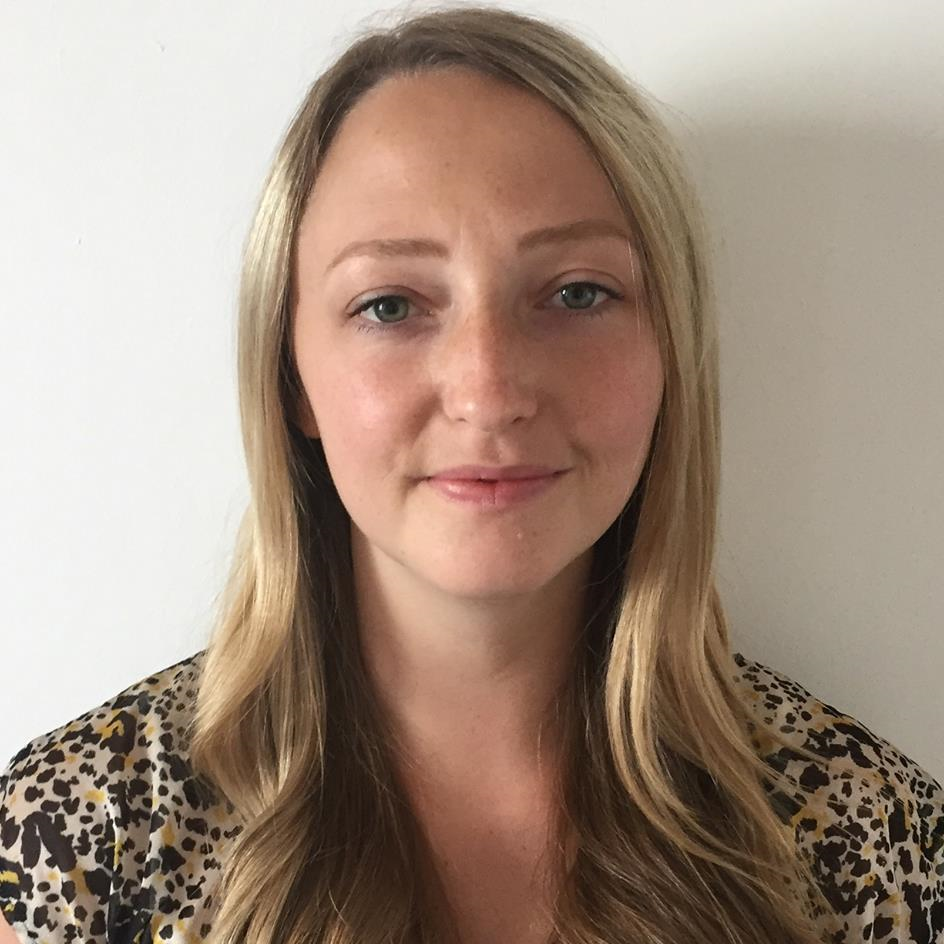
Jo-Anne Puddephatt
Jo-Anne is a final year SSA-funded PhD researcher at the University of Liverpool. Jo-Anne has previously worked in secondary mental health care and academic research. Her current work focuses on co-occurring alcohol and mental health problems and understanding the role of socioeconomic status on these issues. Jo-Anne is interested in applying this work to policy and examining how these issues are addressed in practice. Additionally, Jo-Anne is interested in examining co-occurring alcohol and mental health problems across racial and ethnic minority groups.
Latent class profiles of socioeconomic status and associations with alcohol use among those with a mental health problem
Aims: To define latent class profiles of socioeconomic status (SES) among those meeting criteria for a mental health problem. To determine how the odds of non- and harmful drinking differ across SES profiles among those with a mental health problem, compared with those who are low risk/hazardous drinkers.
Methods: A secondary analysis of 2014 Adult Psychiatric Morbidity Survey was conducted and restricted to those meeting criteria for any mental health problem (‘N’=1,463). Responses to SES indicators, such as occupational grade and housing tenure, were analysed using latent class analysis. Multinomial logistic regressions were conducted to examine associations between latent classes and non- and harmful drinking, respectively. Low risk/hazardous drinking were the reference categories.
Results: Four latent classes of SES were identified. Class one was labelled ‘economically inactive, social renters’ (‘N’=361,24.68%) and more likely to be either non-drinkers (OR=5.65,95%CI=3.47-9.18) or harmful drinkers (OR=2.01,95%CI=1.02-3.95) compared to class four. Class two was labelled ‘intermediate/routine occupation, homeowners’ (‘N’=537,36.71%) and more likely to be non-drinkers (OR=2.47,95%CI=1.51-4.03) compared to class four. Class three was labelled ‘retired, homeowners’ (‘N=’250,17.09%) and more likely to be non-drinkers (OR=4.87, 95%CI=2.96-8.03). Class four was labelled ‘professional occupation, homeowners’ (‘N’=315,21.53%).
Conclusions: Our analysis revealed that those with a mental health problem are likely to present in a range of occupations and be either homeowners or social renters. Regression analyses also indicated those from the most disadvantaged SES backgrounds are more likely to report non- or harmful drinking indicating that mechanisms of drinking may be more complex among this group.